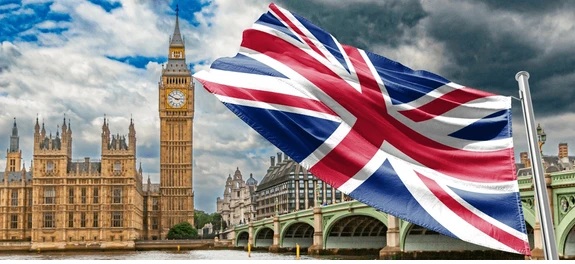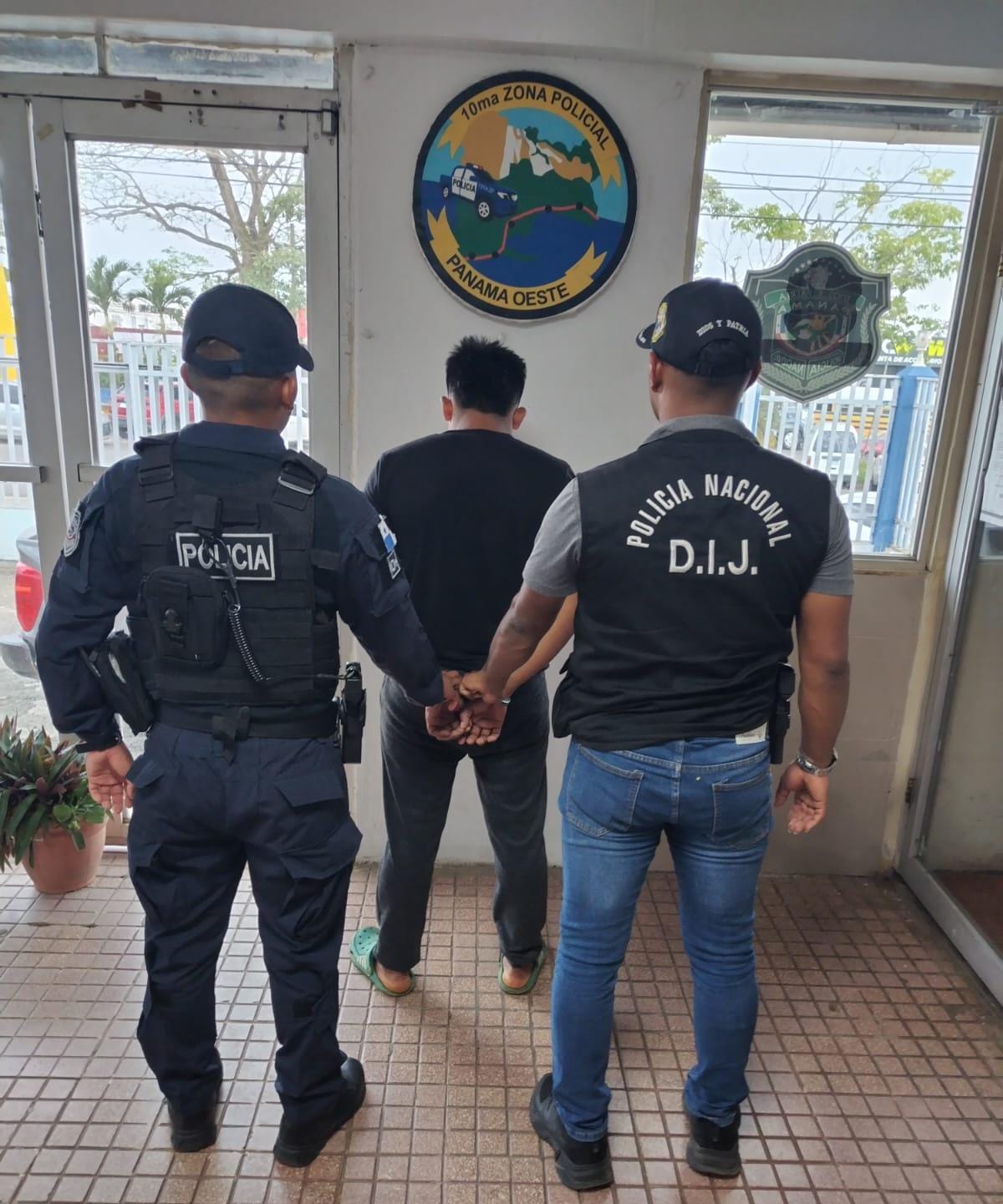Venezuelan President Maduro Calls for Permanent Mobilization in Response to US Exercises in Trinidad
The president called on “all popular, social, political, military, and police forces” “not to fall for provocations at any time, but to mobilize with patriotic fervor.”
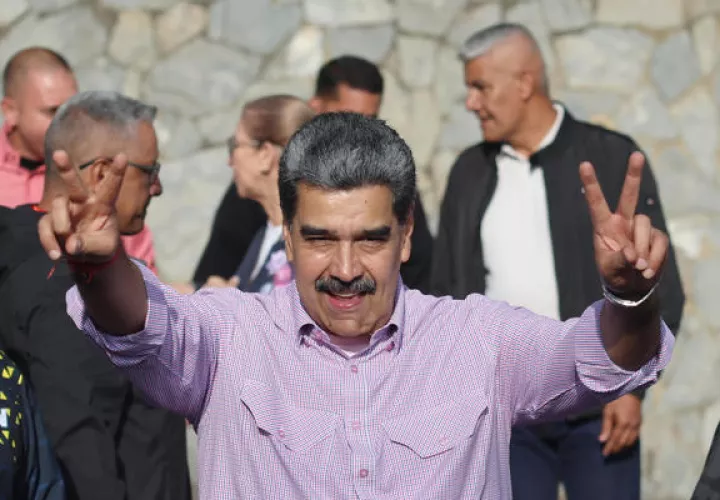
Venezuelan President Nicolás Maduro called on six eastern regions of the country on Saturday to hold “a vigil and a continuous march in the streets” in response to the announced resumption of US military exercises in Trinidad and Tobago, amid escalating tensions between Caracas and Washington. Speaking at an event in the Venezuelan capital, the president called on “all popular, social, political, military, and police forces” “not to fall for provocations at any time, but to mobilize with patriotic fervor” in rejection of “imperialist ships” and “military threats,” as well as what he described as “irresponsible exercises” in Trinidadian waters.
Specifically, Maduro called on the states of Bolívar (bordering Brazil), Delta Amacuro, Monagas, Anzoátegui, the island state of Nueva Esparta, and Sucre, near the island of Trinidad, to mobilize “in perfect popular-military-police unity” and “with the Venezuelan flag held high.” “The government of Trinidad and Tobago has once again announced irresponsible exercises, lending its waters off the coast of Sucre state for military drills intended to be threatening to a republic like Venezuela, which refuses to be threatened by anyone. (…) The people of Trinidad and Tobago will see if they continue to tolerate the use of their waters and lands to seriously threaten the peace of the Caribbean,” he stated.
“The United States government intends to bomb and invade a Christian people, our people, what is that? (…) Do you want to come and kill a Christian people here in South America?” added the head of state, who presided over a swearing-in ceremony for the so-called Bolivarian Comprehensive Base Committees (CBBI), which are Chavista working groups located in the streets of the country. According to confirmation on Friday by the Minister of Foreign Affairs of Trinidad and Tobago, Sean Sobers, the U.S. Navy will return to the Caribbean territory, which is about 11 kilometers from the Venezuelan coast, to continue its military exercises with the Trinidad and Tobago Defence Force (TTDF).
Sobers’ announcement comes after Trinidadian Attorney General John Jeremie announced this Thursday that the military personnel of Unit 22 of the Marine Expedition will intensify their training exercises in that country from this Sunday until next Friday, November 21. Venezuela has been in a state of permanent military mobilization throughout its territory for three months now in response to what it denounces as a “threat” from the U.S., referring to the naval and air deployment that Washington has maintained in the Caribbean near the South American nation since August. Chavismo denounced this Saturday that the U.S. seeks to “trigger violent actions and sow conflict” in the Caribbean with the military operation “Southern Spear,” announced Thursday by Washington, under the pretext of combating drug trafficking from Latin America, in what appears to be increasing the pressure from the Donald Trump Administration on Venezuela and Colombia.
USS Gerald Ford Enters Caribbean Sea as Threat of U.S. Action Against Venezuela Rises
The world’s largest aircraft carrier, the USS Gerald R. Ford, arrived in the Caribbean Sea on Sunday, as tensions with Venezuela grow. The carrier, which has more than 4,000 sailors and dozens of tactical aircraft on board, has joined 15,000 service members already stationed in the region. “The USS Gerald R. Ford Carrier Strike Group’s deployment represents a critical step in reinforcing our resolve to protect the security of the Western Hemisphere and the safety of the American Homeland,” said Admiral Alvin Holsey, of U.S. Southern Command, in a statement. Earlier this week, a U.S. military official, who was not authorized to speak publicly, told NPR the “table is being set” for possible military action in the region. Administration officials are continuing to hold high-level meetings with members of Congress and foreign leaders amid ongoing military exercises.
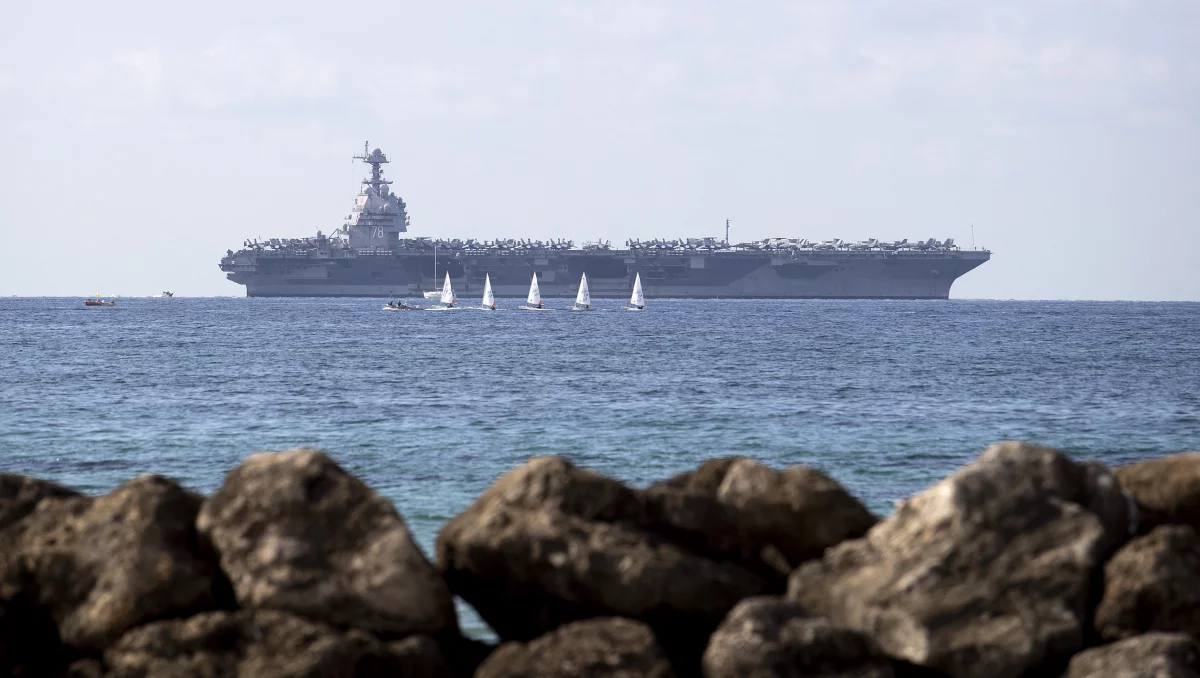
Defense Secretary Pete Hegseth pictured below, announced Thursday on social media that a “mission” was under way called “Operation Southern Spear.” “This mission defends our Homeland, removes narco-terrorists from our Hemisphere, and secures our Homeland from the drugs that are killing our people,” he wrote. “The Western Hemisphere is America’s neighborhood and we will protect it.” It remains unclear, however, if President Trump will use military force against Venezuela. The U.S. has conducted 20 strikes on boats in the region so far, saying they were ferrying drugs trafficked from the country. In August, the U.S. government set a $50 million reward for the arrest of Venezuelan leader Nicolás Maduro.
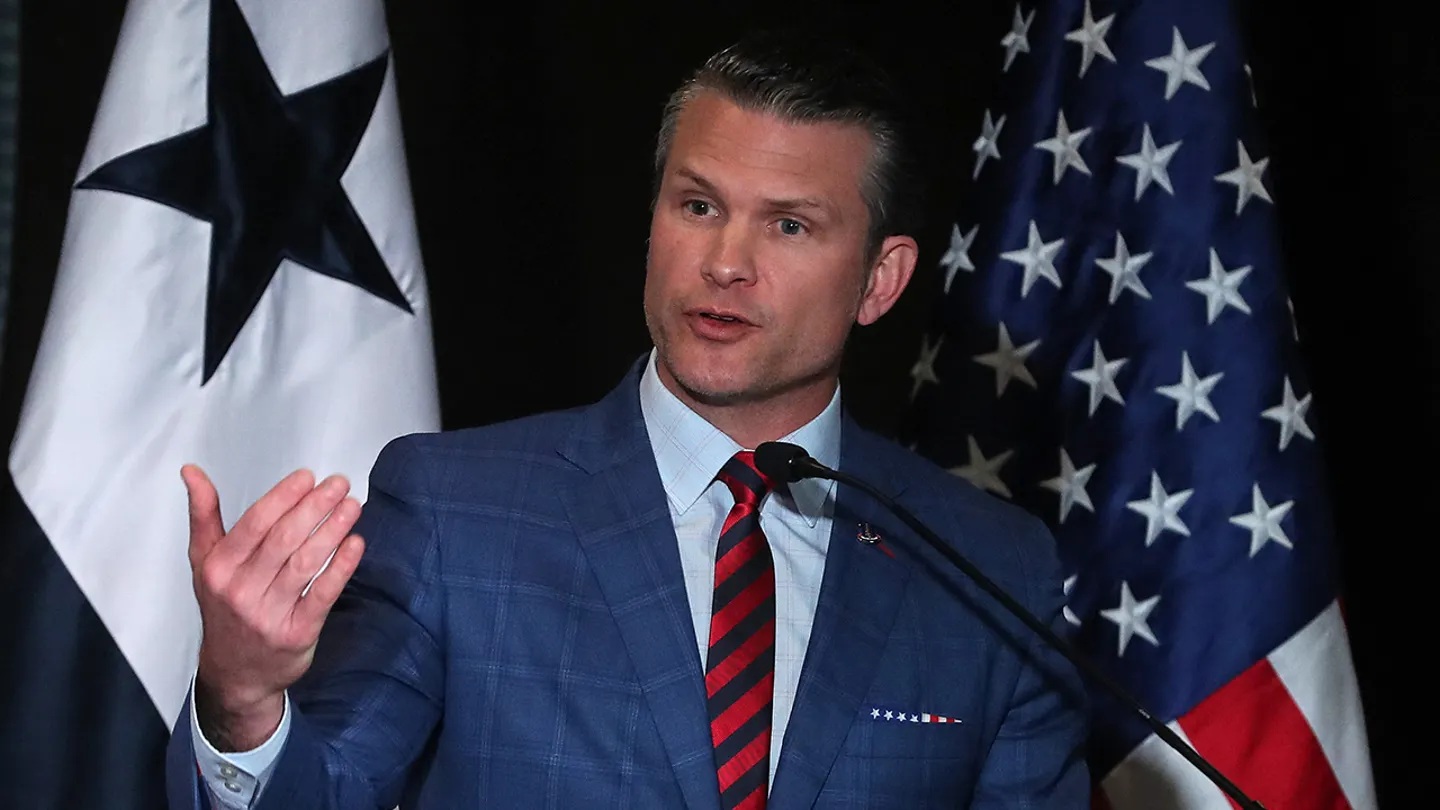
But officials told NPR that the arrival of the USS Gerald Ford, which was pulled from the Mediterranean Sea, could be just another pressure tactic on Maduro, who has put his own forces on high alert. On Friday, Trump told reporters aboard Air Force One, “I sort of made up my mind” about whether to launch an attack. “I can’t tell you what it is,” he said, “but we made a lot of progress with Venezuela in terms of stopping drugs from pouring in.” The increased activity comes after the high-profile resignation last month of U.S. four-star Adm. Alvin Holsey, who had been overseeing the boat strikes. He abruptly left his post two years early. Pentagon sources told NPR they believe it was because he objected to the assaults on the alleged drug boats, which have so far killed 80 people, and struck boats that did not appear to be showing any immediate hostile intent.
As strikes on alleged drug boats grow, so do questions about their legality and goal. Some lawmakers are worried that Trump is dragging the U.S. into war with Venezuela and some lawmakers are hoping that he does.

